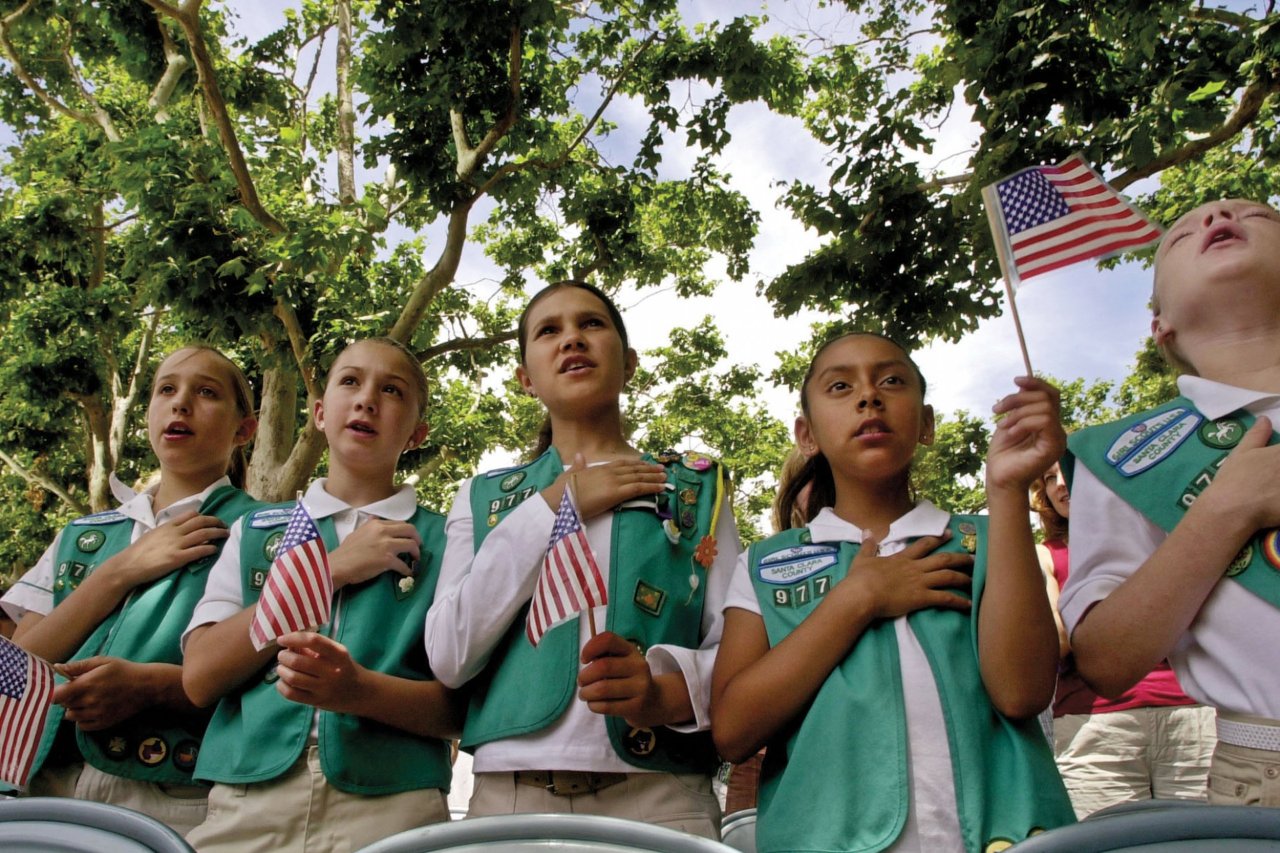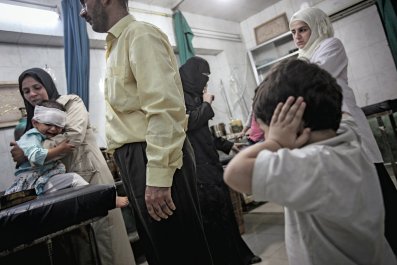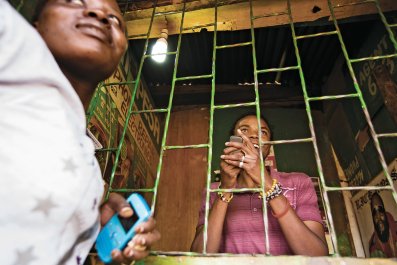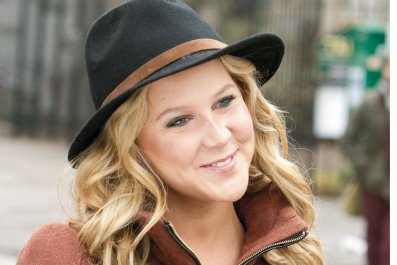IT'S A staple of every Girl Scout's childhood: on the last day of summer camp, you sing "A circle is round, it has no end / That's how long you'll be my friend," and you clasp hands and promise to be friends forever.
On and on it went, summer after summer, the camps never changing.
Or so it seemed. But the Girl Scouts has fallen on hard times, and the forever promise of camp seems a thing of the past. Girl Scout camps, dealing with declining enrollment and revenue, have been closed or sold across the country.
Unlike the Boy Scouts, which enjoys the support of large faith-based groups like the Mormon Church, the Girl Scouts eke out a living mainly from cookie sales, dues (currently $12 a year per girl, but spiking to $15 a year in September), fundraising, grants, investments, and special projects. But these efforts haven't been enough, and between 2006 and 2009 the Girls Scouts consolidated 312 councils down to 112.
The councils are the bodies that oversee the funding of area camps, and they're finding that girls—faced with an ever-expanding set of summer options—just aren't signing up. In the last five years the southeastern Michigan council has closed three, with three remaining open. "I know it's heartbreaking for the longtime membership, and if I weren't working in the Girl Scouts I would be heartbroken too," said Denise Dalrymple, the CEO of the Girl Scouts of Southeastern Michigan. "But this is very, very costly—it's a very costly proposition for a very small percentage of girls." Her council serves 28,000 girls, but only 16 percent actually attended camp.
True to its plucky spirit, the Girl Scouts isn't going quietly. The board of directors for the Girls Scouts of North-Central Alabama voted unanimously to reconsider selling camp properties; their plans to sell four of the council's six camps will be put on hold while they come up with a new solution. And in an effort to adjust to changing times, the Girl Scouts has shifted its focus more toward making leaders rather than just spending time outdoors.
But changing the Girl Scouts' mission strikes some as changing the core values of being a Girl Scout, which included camping. Jane I. Duax is a registered adult Girl Scout in Iowa, where nine councils were consolidated into two in recent years. She says that during her 10-year-old daughter's years as a Girl Scout, camping trips have become sparse—which Duax sees as a "betrayal" of the organization's values. Not focusing on camping, Duax says, has "hijacked the movement. They say [founder] Juliette Low would be so impressed, would be so proud—we say Juliette Low would be rolling over in her grave."





























